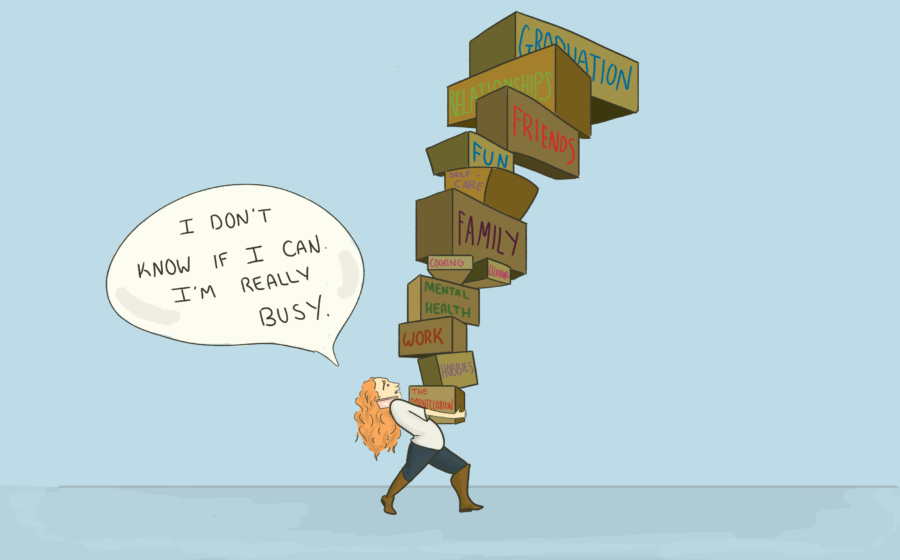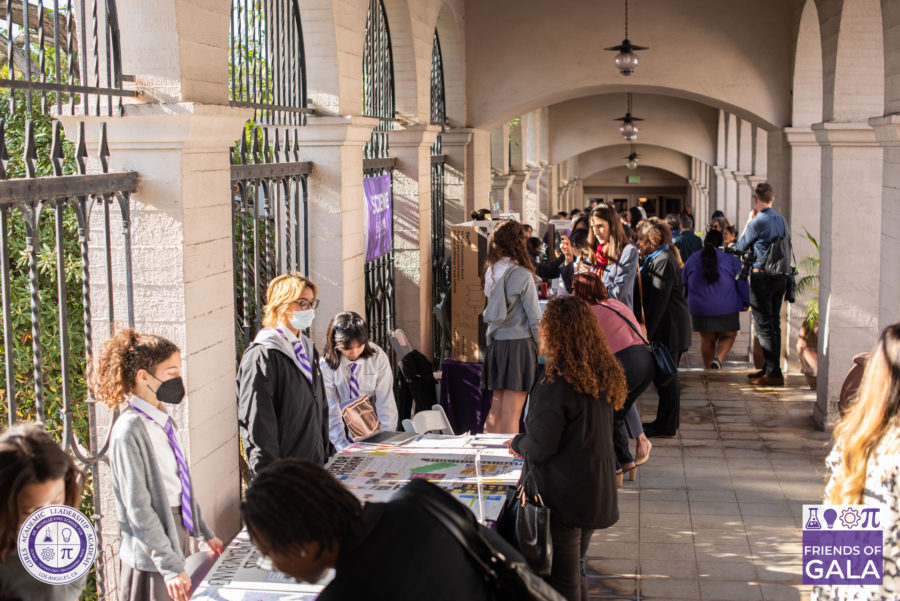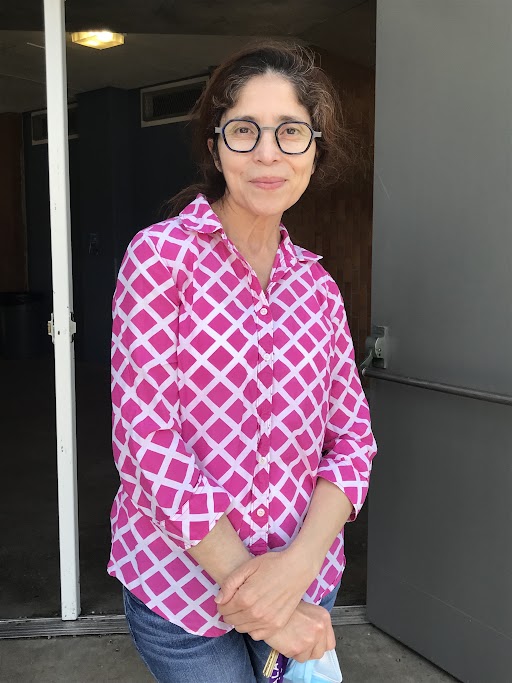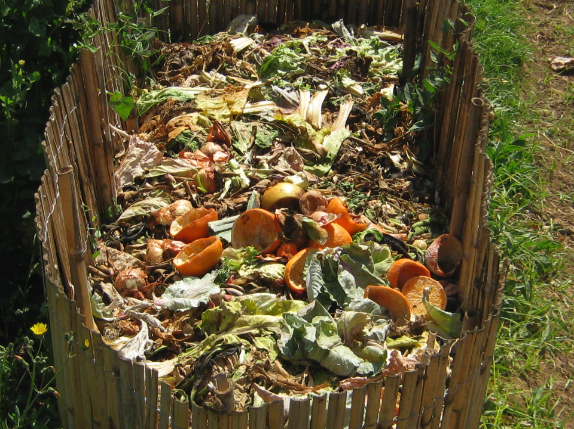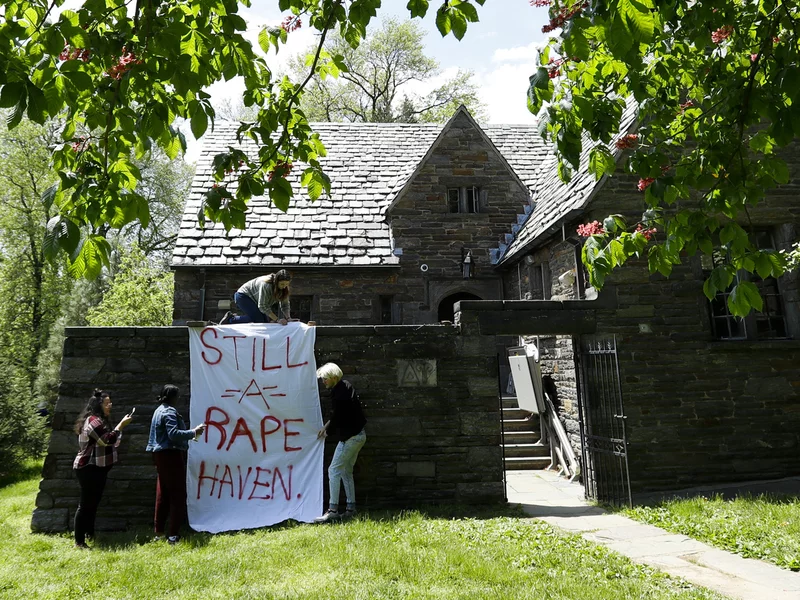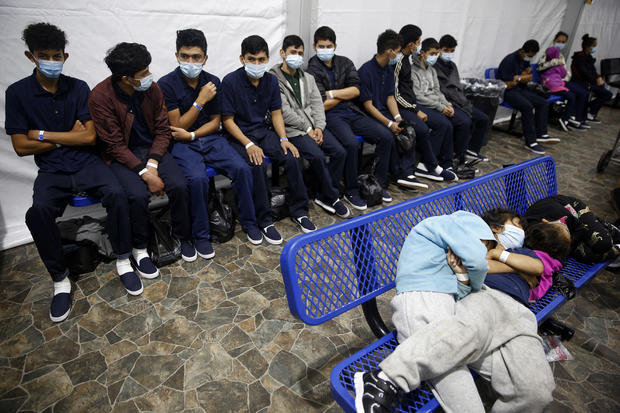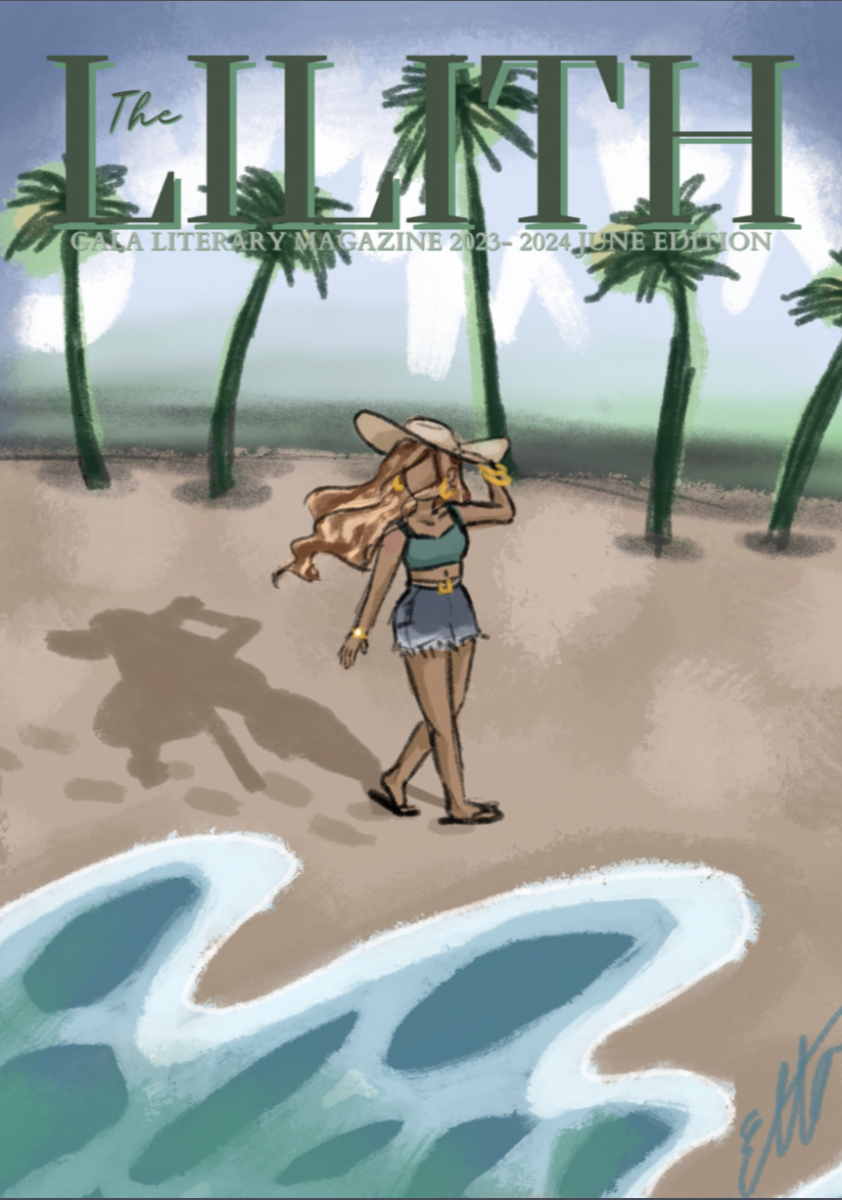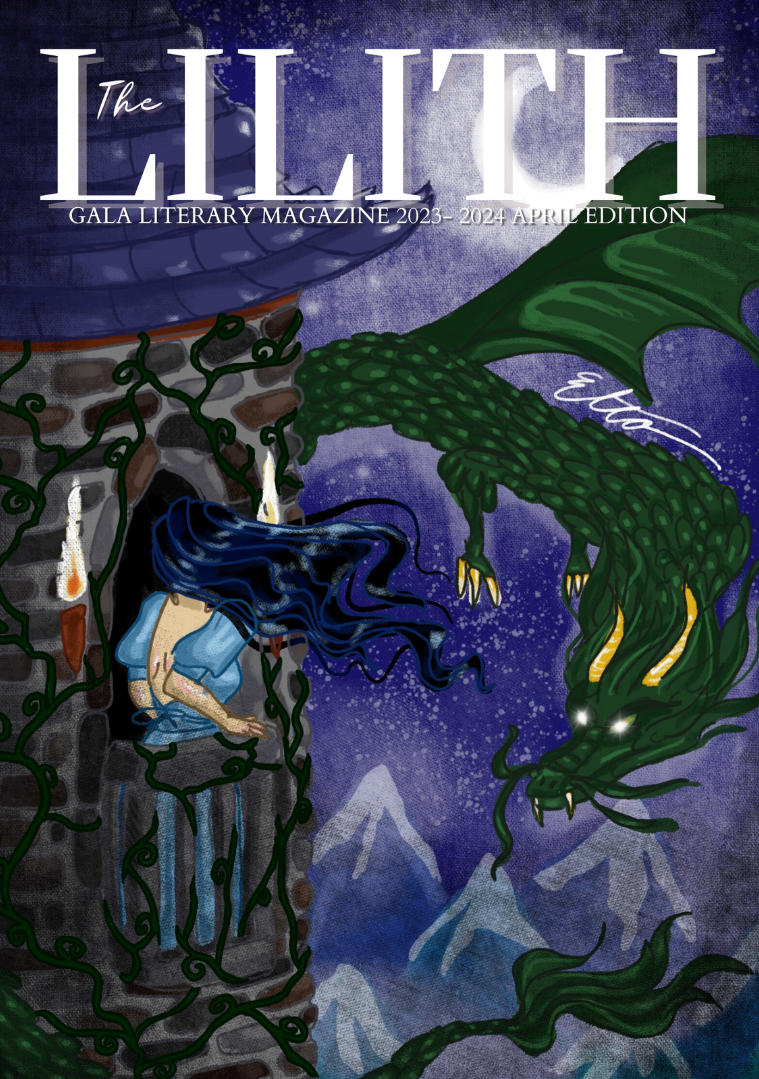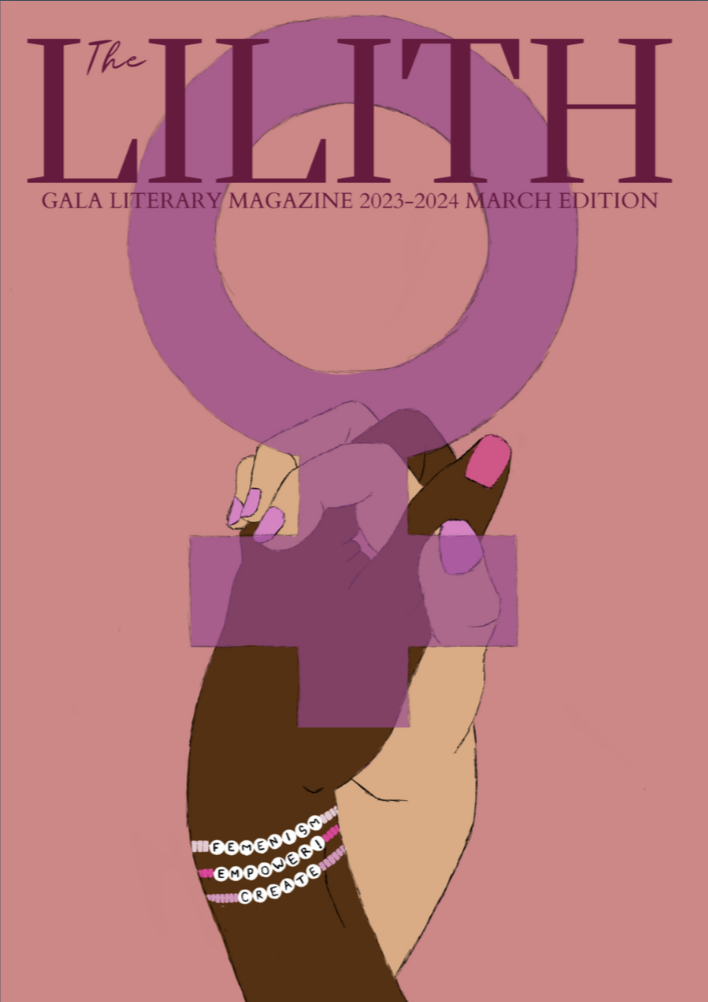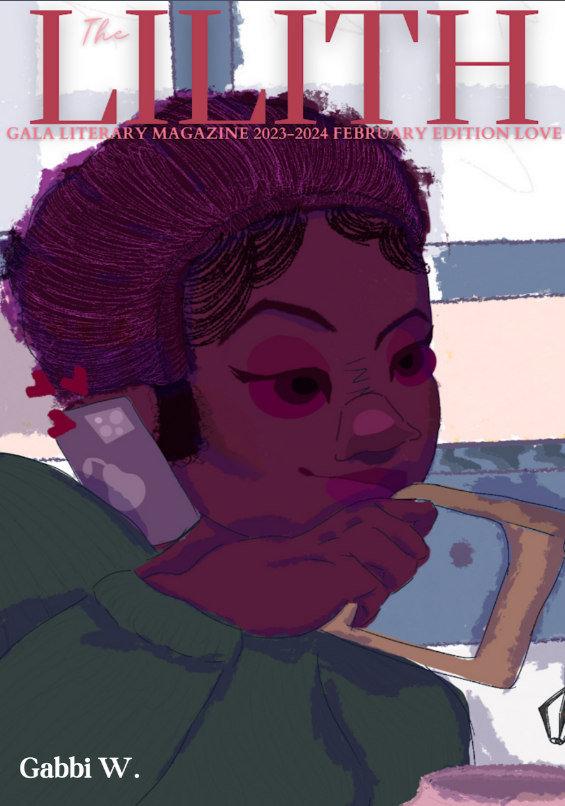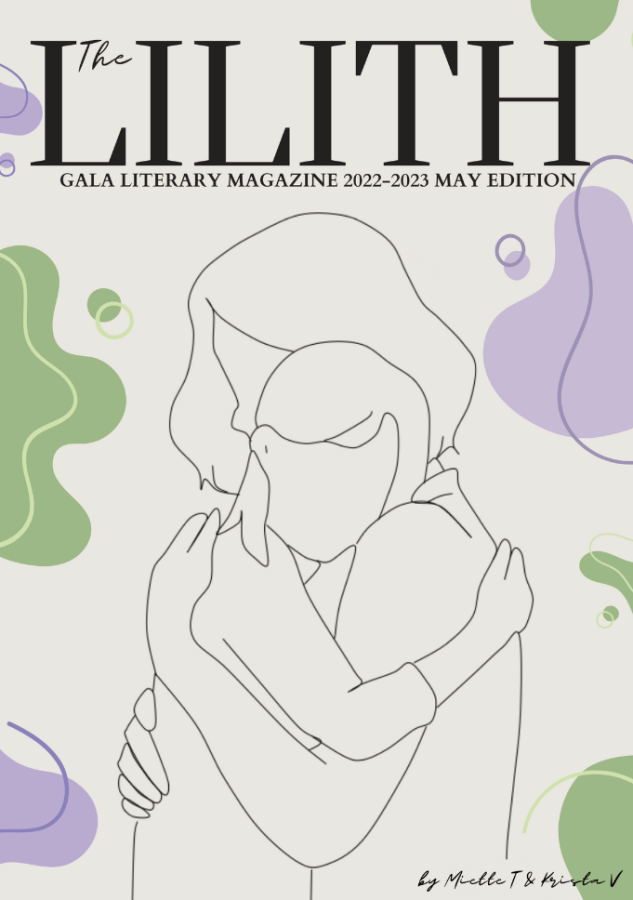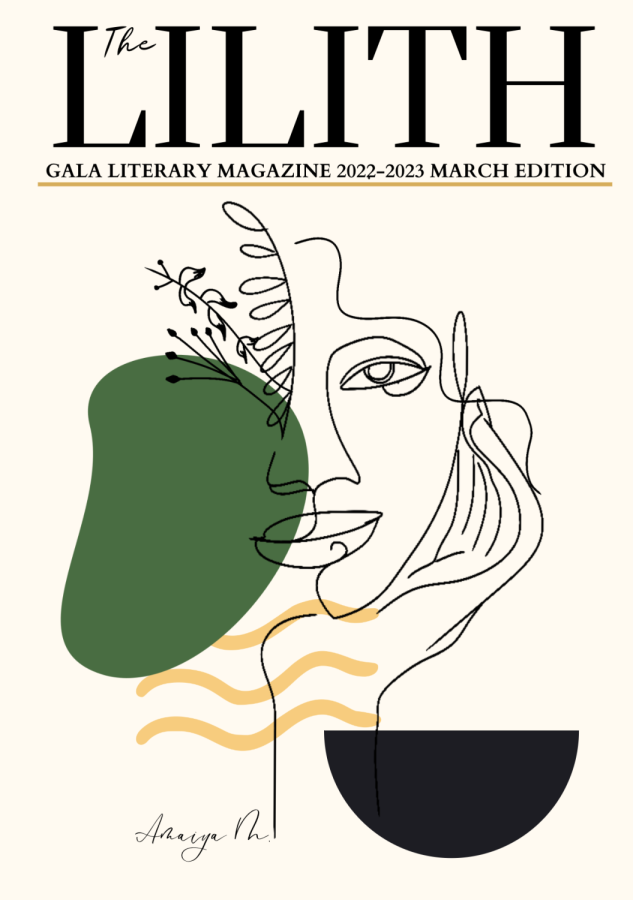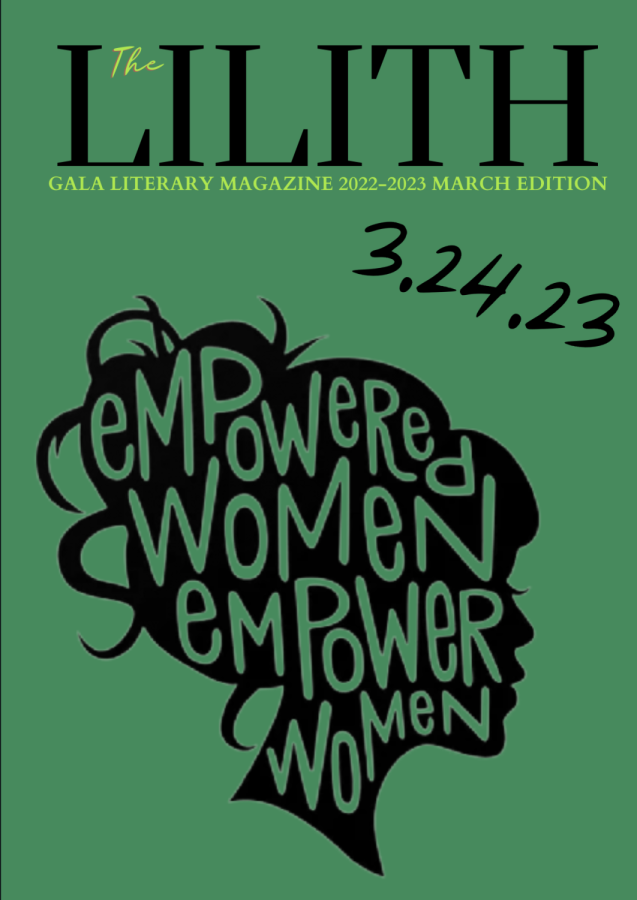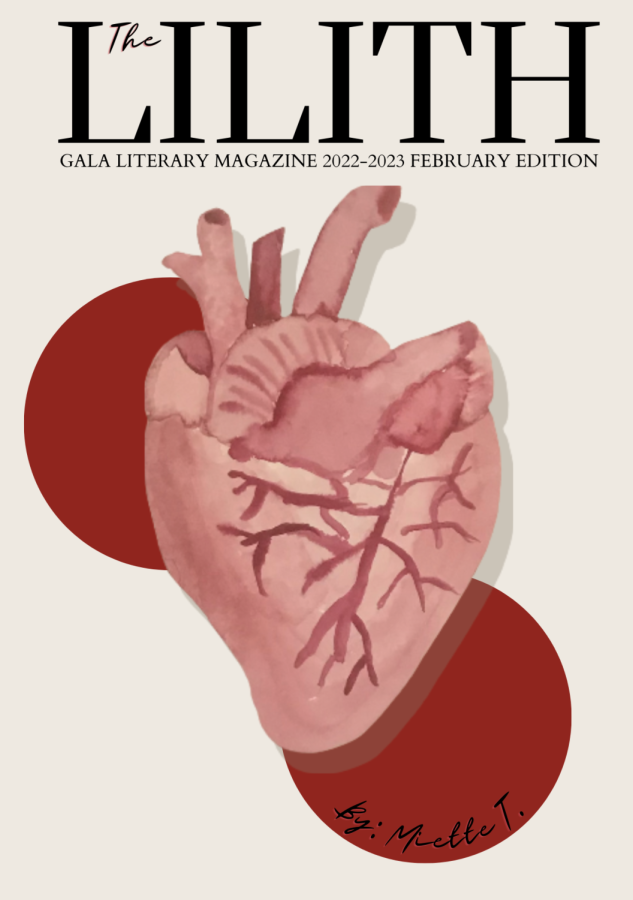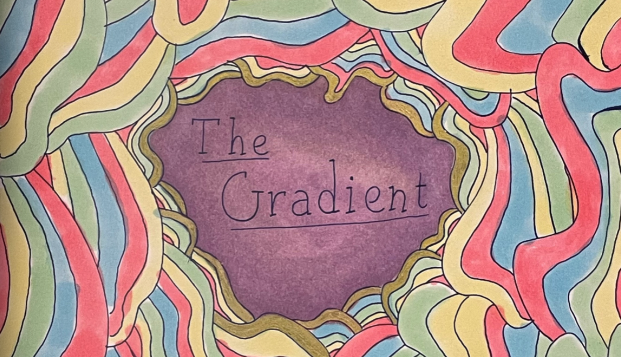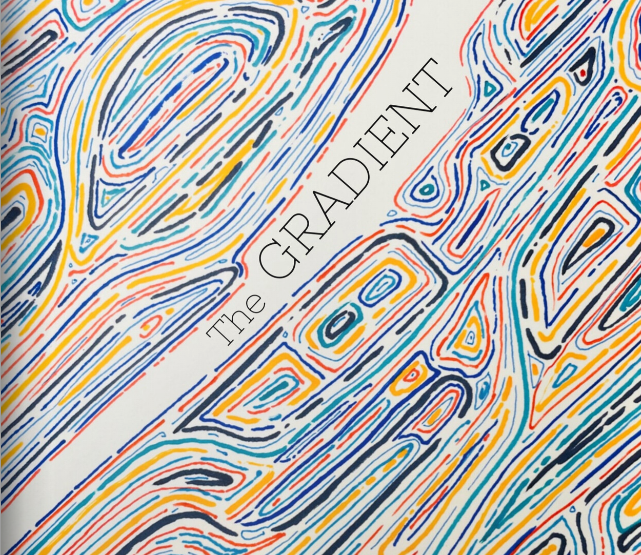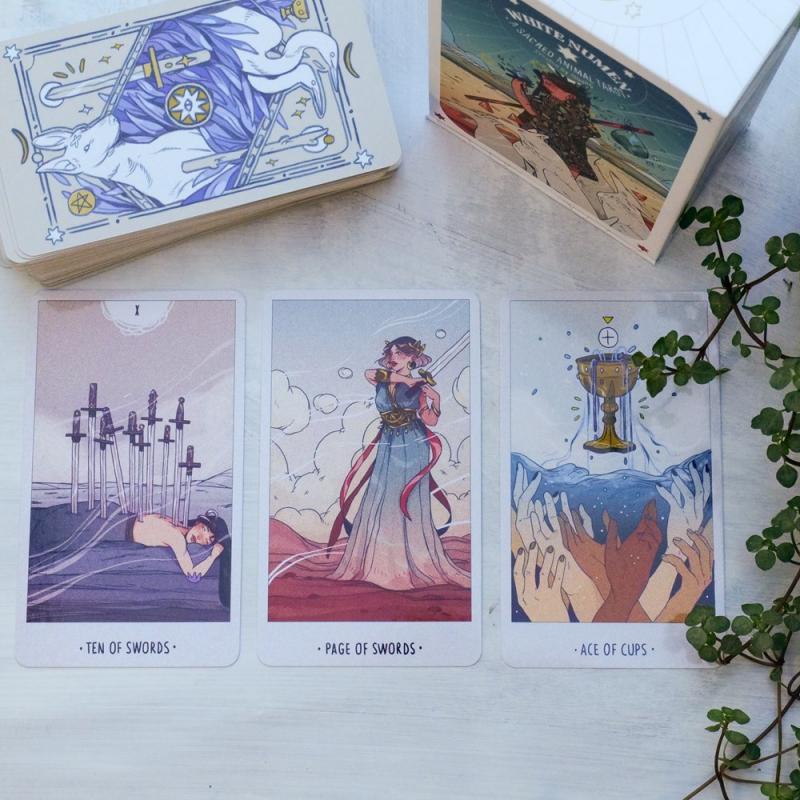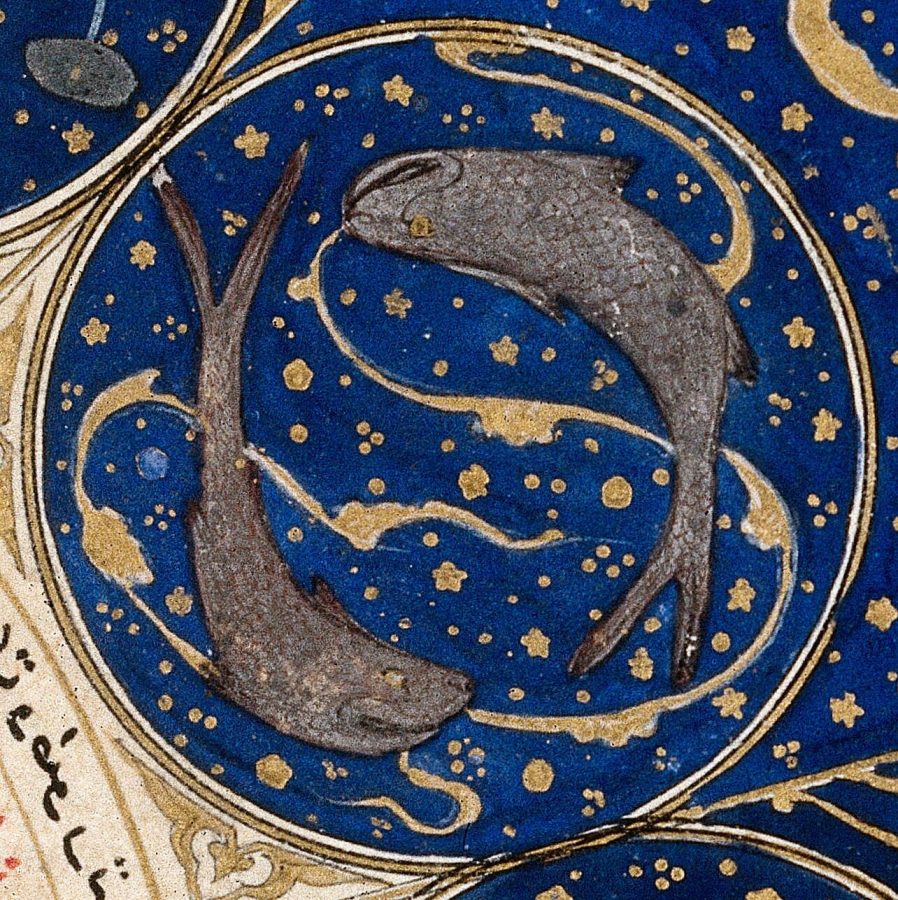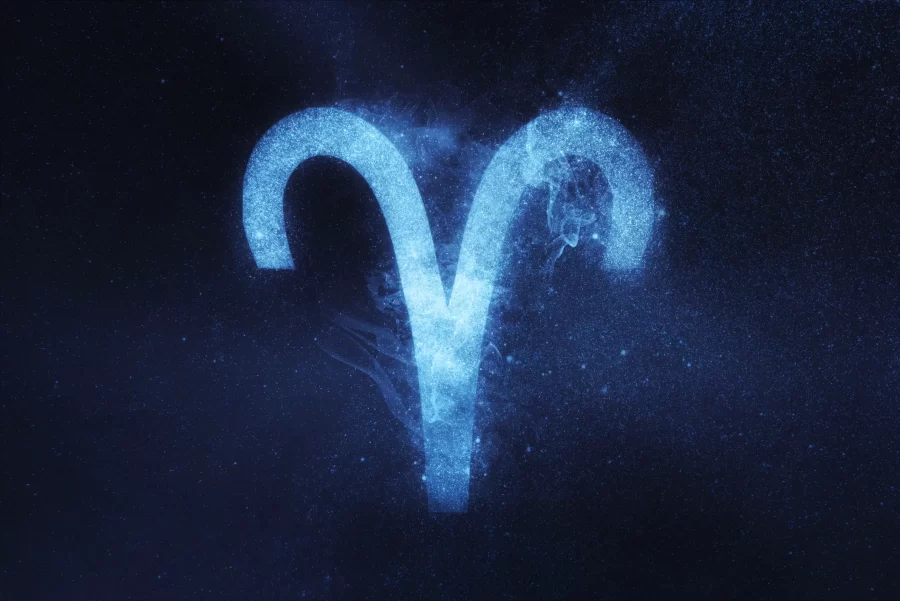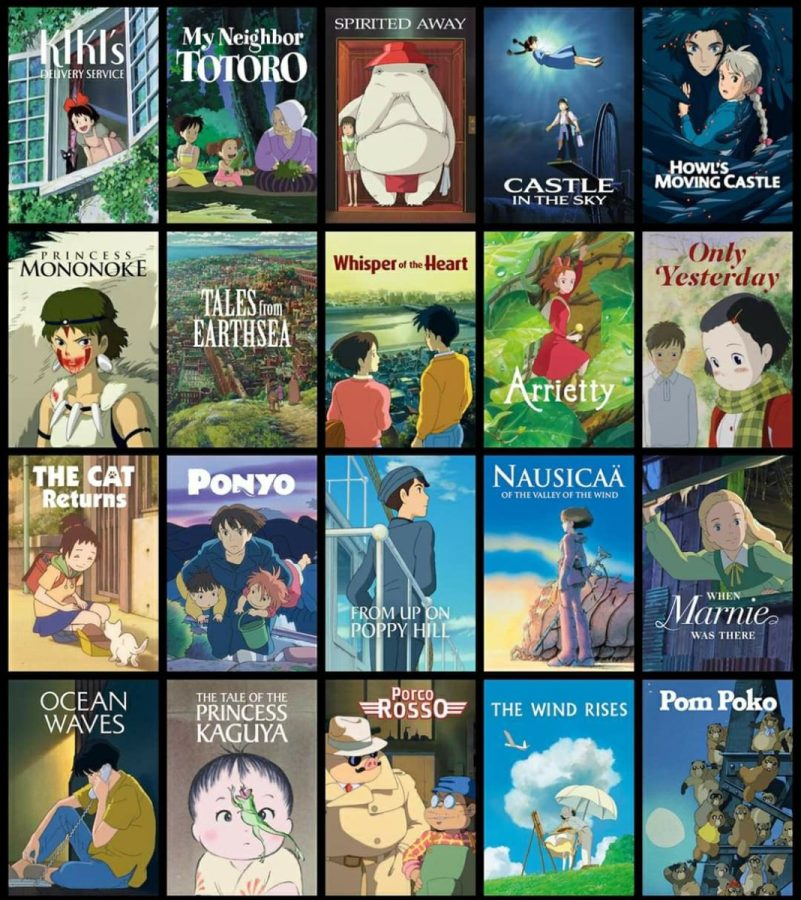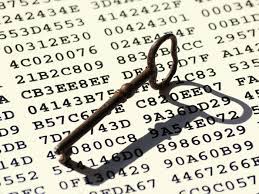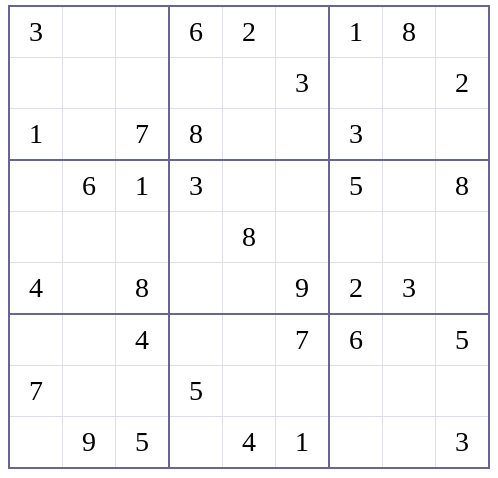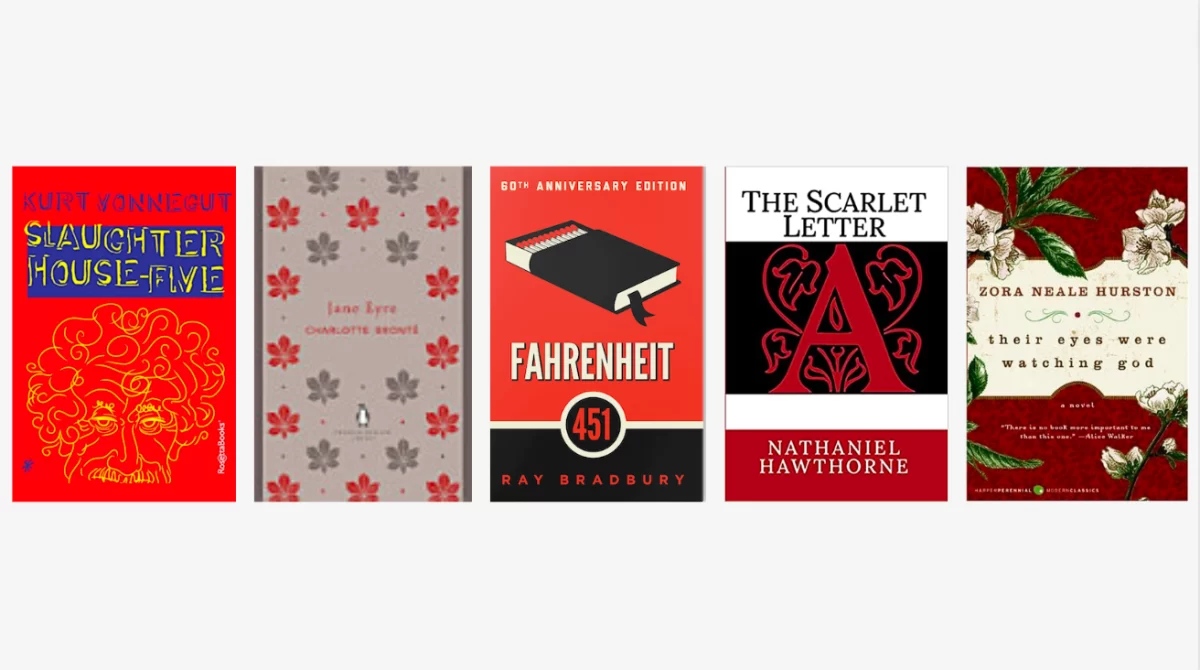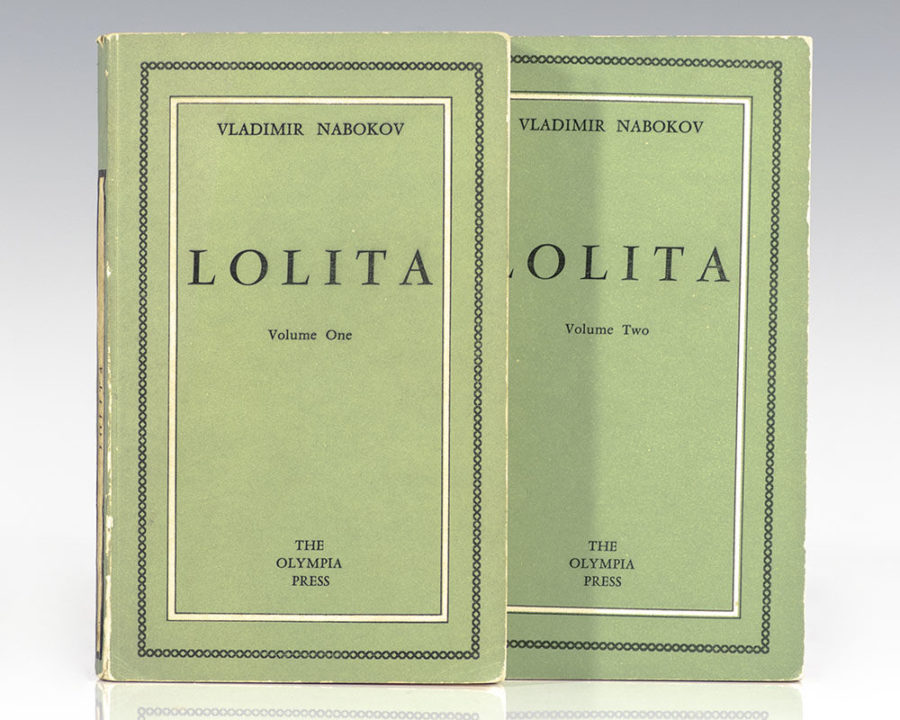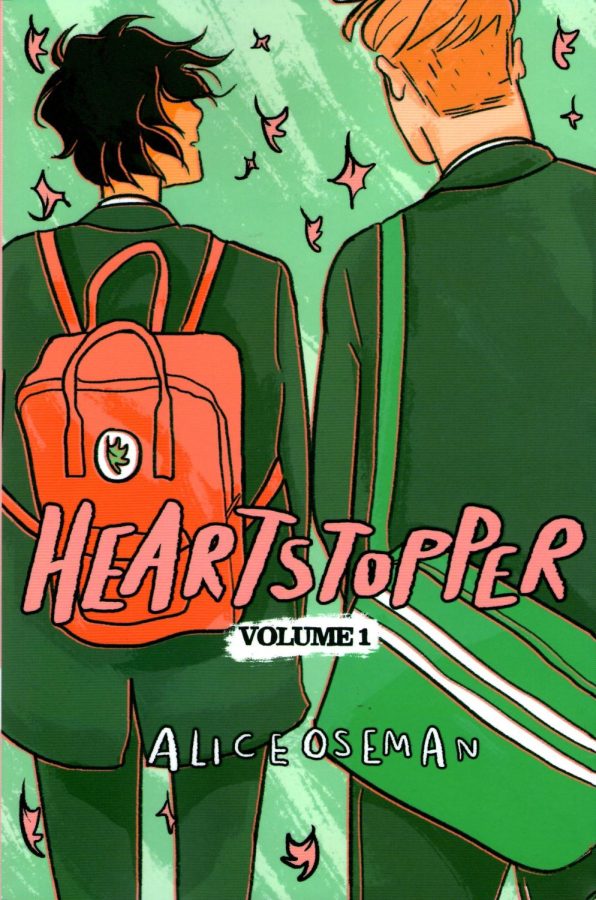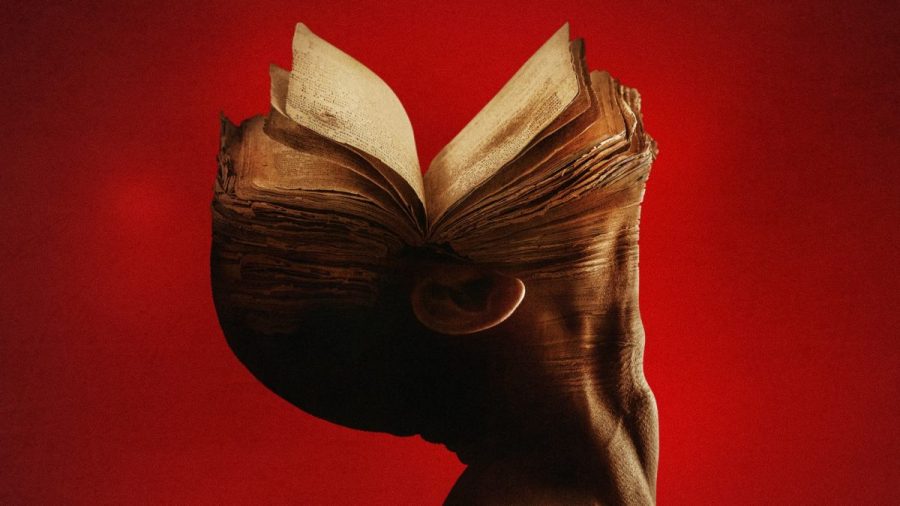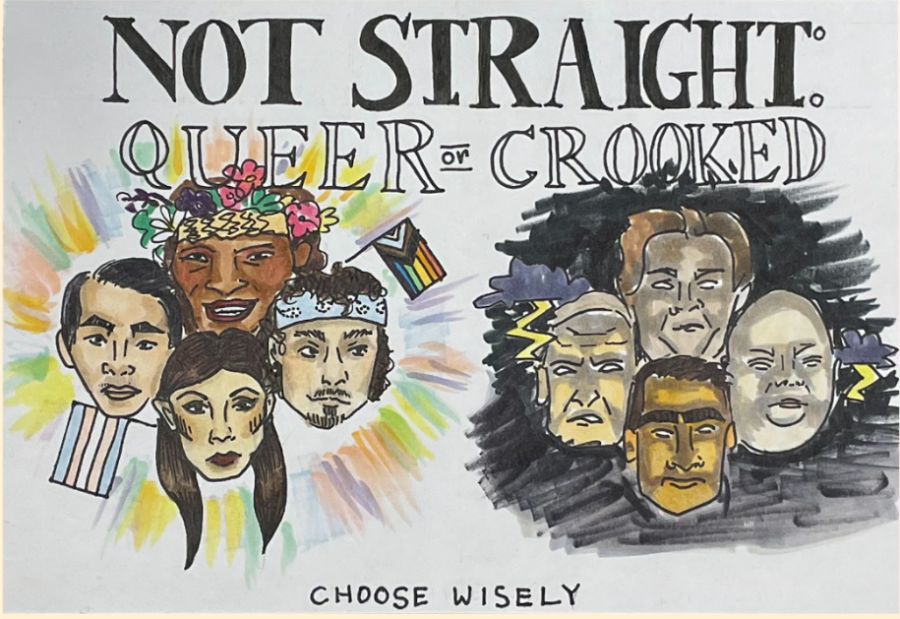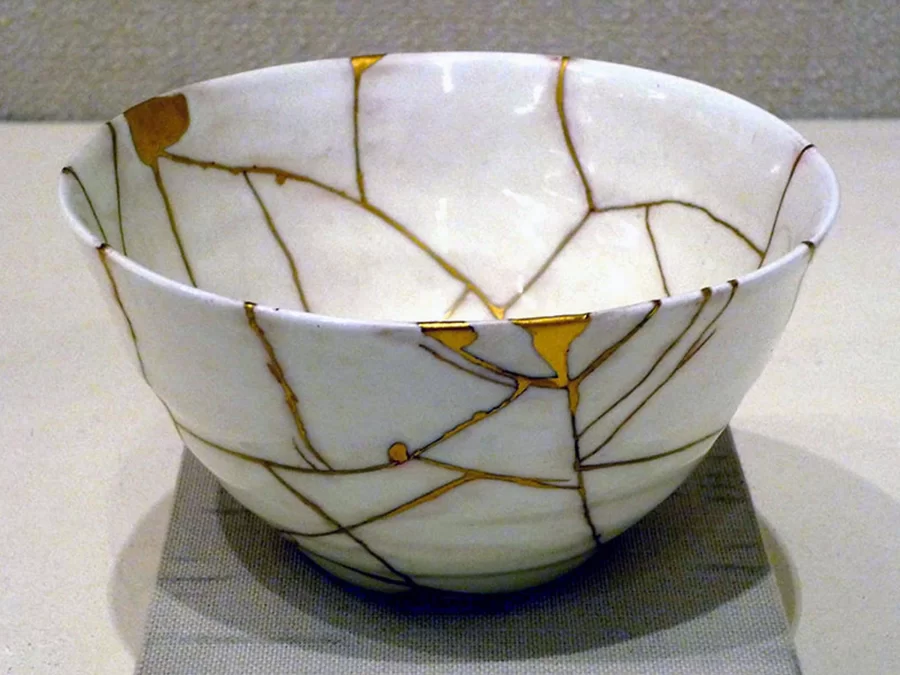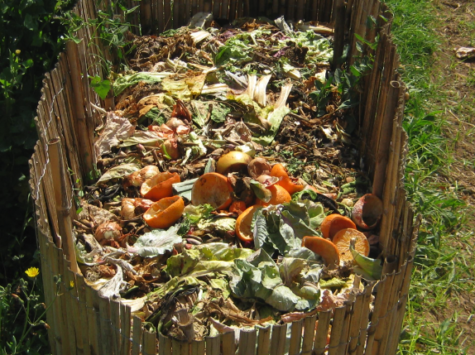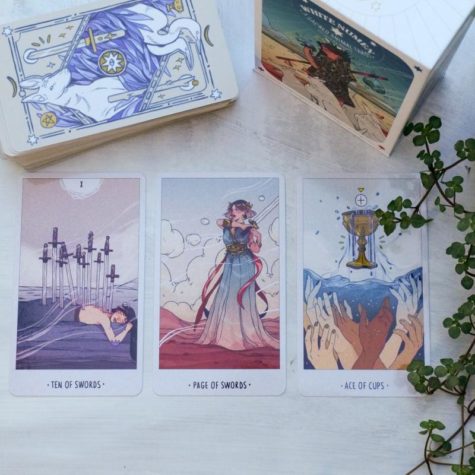The Book of Esther- A Purim Story
The Book of Esther- אֶסְתֵּר מְגִלַּת
*Some of this story is not derived from the original text but rather is adapted from Midrashim and commentary that deepens the understanding of the story.*
Long ago (said to be around 335 BCE) there lived a very rich king who ruled over Persia and Media. His name was Achashverosh (אֲחַשְׁוֵרוֹשׁ). Achashverosh was having a very nice dinner party for seven years, (let it be known, he was drinking a LOT) when one of his guests raised the question of “is Achashverosh’s wife, Queen Vashti, the most beautiful woman in the land?” Achashverosh demanded that his wife come to them with just her crown on and nothing else so it would be completely clear to his guests the degree of her beauty.
Vashti was having her own party with all the ladies of her court, and she was not pleased to be interrupted with such a dishonorable request, so she refused. The king was not happy about that and asked his wise men for advice. They said that she had not only wronged the king, but if word got out that she disobeyed the king, it might inspire other women to not listen to their husbands. Vashti was then banished from the land. Achashverosh woke up the next morning and missed his wife, so his servants tried to cheer him up by reminding him that there would be a giant beauty contest to find his new bride.
In the town of Shushan, there lived a Jewish man named Mordecai (מָרְדֳּכַי). Mordecai took care of his cousin, Hadassah, because her parents had died. He had adopted her as his own. When Hegai (one of Achashverosh’s workers) came to take Hadassah away to the king’s beauty contest, she cried and begged Mordecai to help, but there was nothing he could do. He told her, “Don’t tell anyone you’re Jewish. Go by the Persian name Esther, from the god Ishtar. But remember your people.”
After 12 months of beauty treatments and preparations for the beauty pageant, Esther went before the king and he immediately took favor of her for how she looked, more than any of the other women. So, he made her queen and gave her her own palace and handmaidens.
As time passed, Mordecai would sit by the palace gates to keep an eye on Esther. While there one day, Mordecai overheard two of the guards, Bigthan and Teresh, talking about poisoning the king’s wine. Mordecai rushed and told Esther of their plans and Esther alerted the king. For saving Achashverosh’s life, Mordecai was written up in “The Book of the Chronicles” for his good deed.
Five years later, Achashverosh promoted one of his advisors Haman (הָמָן), a member of the tribe of Amalek, longstanding enemies of the Jewish people, to be his second in command. The king decreed that everyone must bow to Haman when he passed them to honor him and recognize his authority. However, when Haman walked past Mordecai, Mordecai did not bow. When Haman demanded to know why Mordecai didn’t bow, Mordecai exclaimed, “because I am Jewish, and Jews do not bow to anyone but our god.” Haman was furious and went to Achashverosh to complain about Mordecai and his tribe of Jewish people. With Achashverosh’s blessing, Haman used a lottery by tossing some dice and drawing some straws. This determined that on the 13th of the Jewish month of Adar he would exterminate all the Jews in Achashverosh’s kingdom. Achashverosh gave Haman his seal and sent horsemen in every direction to deliver the edict and ensure the genocide of the Jewish community.
Upon discovering this horrible news, Mordecai mourned the lives of his people by wrapping himself in soot-covered cloth. Mordecai tried communicating to Esther through her servant, Hasach, the news, hoping she could use her royal influence to change the Jewish people’s fate. Mordecai instructed Esther to go before the king and ask him to save her people. Esther told Mordecai that anyone who was to go before the king without being called there would be killed unless the king held out his golden scepter towards you. Mordecai implored her to not forget her people, and that this moment was the reason she, being Jewish, was chosen to be queen. Esther relents and instructs Mordecai to tell all the Jewish people to fast for three days as a form of prayer and support for her impromptu visit to implore the king.
After the third day, Esther went before the king. Once again Achashverosh favored Esther for her beauty and lowered his scepter before her, letting her live another day. The king said, “What is it, my queen? What do you want? I will give you half my kingdom if you ask.” Instead of telling him what she wanted, Esther invited Achashverosh and Haman to a banquet she had prepared. The king accepted and when at the banquet once again said, “What is your request because I will give it to you. If it is half of my kingdom, you can have it.” Esther said, “I’ll tell you tomorrow if you both come to another banquet.”
Haman was feeling so happy for himself afterward, but his mood was ruined by Mordecai not bowing again. He went to his wife and started ranting to her. He then went outside and started building a gallows to specifically hang Mordecai on.
That night, Achashverosh wasn’t sleeping well and had someone come read to him from “The Book of the Chronicles.” When he got to the story of Mordecai saving the king from Bigthan and Teresh, the king asked what “honor did Mordecai get for saving his life” and his servant said, “There was nothing done for him.” Achashverosh called for Haman and asked, “What shall be done unto the man whom the king delighteth to honor?” and Haman, thinking that the king was talking about himself tells the king that the man should be paraded around the city wearing royal robes, riding the royal horse, and be lead by the kings highest companion. The king liked this idea and told Haman to go fetch Mordecai and do all the things Haman had proposed, but to Mordecai.
When Esther’s second dinner party started, Achashverosh asked again what he could do for her. This time Esther gets straight to the point and says, “If you allow it, please save the lives of me and my people because we are about to be destroyed, slain, and killed.” Achashverosh was furious and got up from his seat. “Who’s doing this? Where is this man? I will kill him!” He yells. Esther said, “It is the wicked Haman,” and pointed directly at him. Achashverosh takes a break and goes to his garden. After he leaves, Haman falls to Esther’s feet and begs for forgiveness. The king returns and says, “Are you really making a move on my wife right now?!”
Haman was hung on the same gallows he had prepared for Mordecai. The paperwork that said to kill all the Jewish people in the kingdom was destroyed. Mordecai took Haman’s place beside the king and became in charge of all the lieutenants, the deputies, and the rulers of 127 provinces. Now on the 13th of Adar, Jewish people celebrate Esther’s courage by reading her book, giving to people in need, giving to friends, and dressing up. Some people dress up on Purim to replicate Hadassah pretending to be someone else (Esther) while in the palace.
This year, Purim took place from sundown on March 16 to sundown on March 17.

Mina is a staff writer for The Echo. It is their first year at GALA as well as working on The Echo. They are very passionate about many topics. In their...



